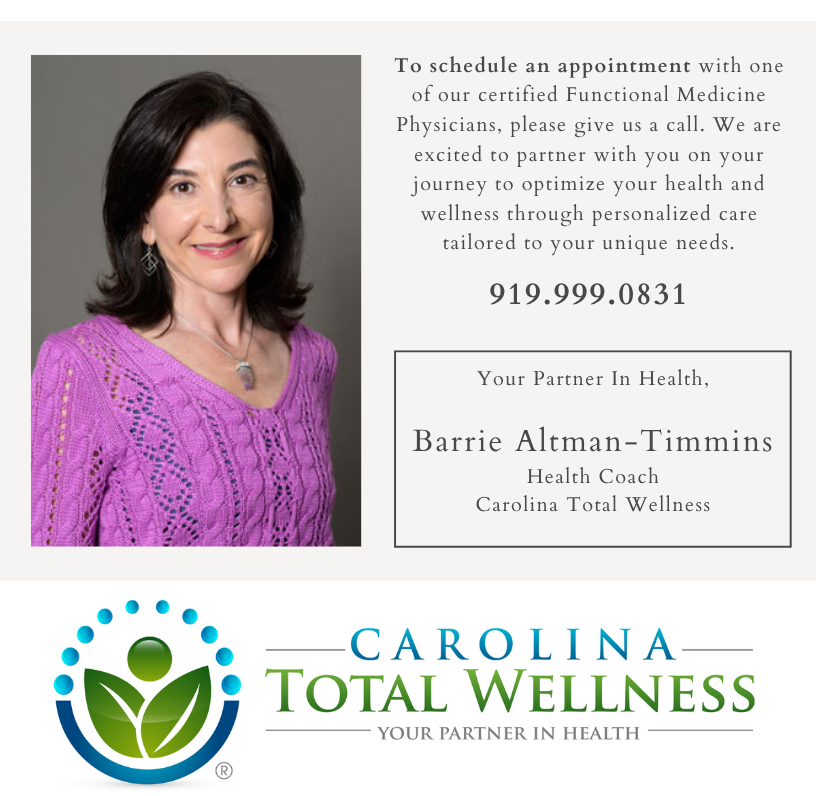
If you’ve felt pressure to cut out sugar, eat “cleaner,” or quiet that constant snack voice, you’re not alone. Cravings aren’t a failure—they’re feedback. Often, they’re a sign that blood sugar isn’t well-balanced. Supporting blood sugar helps regulate energy, mood, and appetite, and may also play a role in reducing the risk of breast cancer. When blood sugar is supported, sugar cravings become far easier to manage.

Myth #1: “I Just Need More Willpower.”
You don’t need more discipline—you need better nourishment. When meals support blood sugar, and stress is managed, cravings naturally lose their intensity.
Myth #2: “I Need to Cut All Sugar.”
Completely cutting out sugar often adds pressure rather than relief. When foods are included with balance and intention, sugar loses its urgency. This helps break the restriction cycle and rebuild trust with your body—so enjoyment feels calm, not chaotic.
Myth #3: “Skipping Meals Will Help.”
Under-eating or overly aggressive fasting can lead to blood sugar crashes. Those crashes increase urgency around food, making cravings louder and harder to manage later in the day.

Cravings aren’t random—and they’re not self-sabotage. In most cases, they stem from identifiable root causes such as blood sugar dysregulation, inadequate fueling, chronic stress, or ingrained habits. When those drivers are addressed, cravings often soften significantly or even disappear.
Sustainable change requires a holistic approach that looks beyond restriction to metabolic health, meal timing, stress, and daily routines.

1. Front-Load Your Meals.
Skipping breakfast or under-eating early often sets the stage for stronger evening cravings. Aim for a protein-rich meal (25–30 grams) within 60–90 minutes of waking and space meals evenly throughout the day to reduce biological rebound eating.
2. Break the Habit Loop.
Not every craving is hunger—many are habit. That automatic desire for dessert is often just a familiar pattern. Because the brain prioritizes efficiency, it tends to repeat familiar behavioral patterns. Try replacing automatic snacks with comforting rituals, such as herbal tea, a short walk, a pause to check in with yourself, or changing your environment, which can help interrupt autopilot and create more mindful choices.
3. Balance Blood Sugar.
Even whole foods can drive cravings if meals aren’t balanced. Eating carbs without enough protein, fat, or fiber can spike blood sugar and trigger fatigue and sugar cravings hours later. Building meals with protein, fiber, and healthy fats—and eating carbs last—helps steady energy, mood, and appetite, making cravings much easier to manage.
Cravings aren’t something to fight—they’re something to understand. With the guidance of our providers and health coaches at Carolina Total Wellness, we help uncover what’s driving them in the first place—whether it’s blood sugar imbalance, stress, nutrient gaps, or habits.
By addressing the root cause and creating a plan tailored to you, cravings become steadier, calmer, and far more sustainable to manage over time.






















































